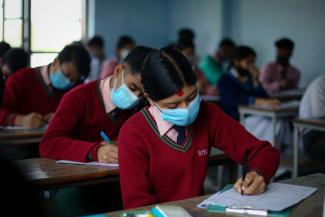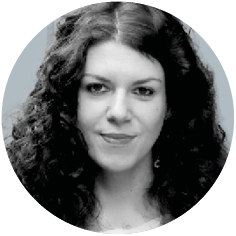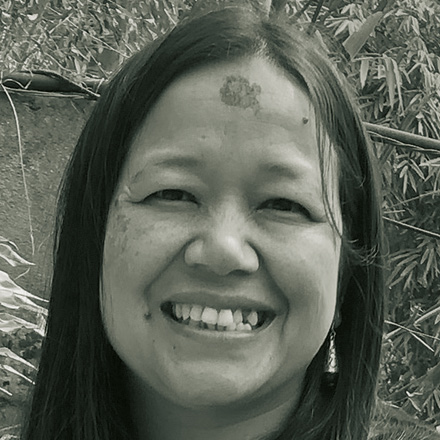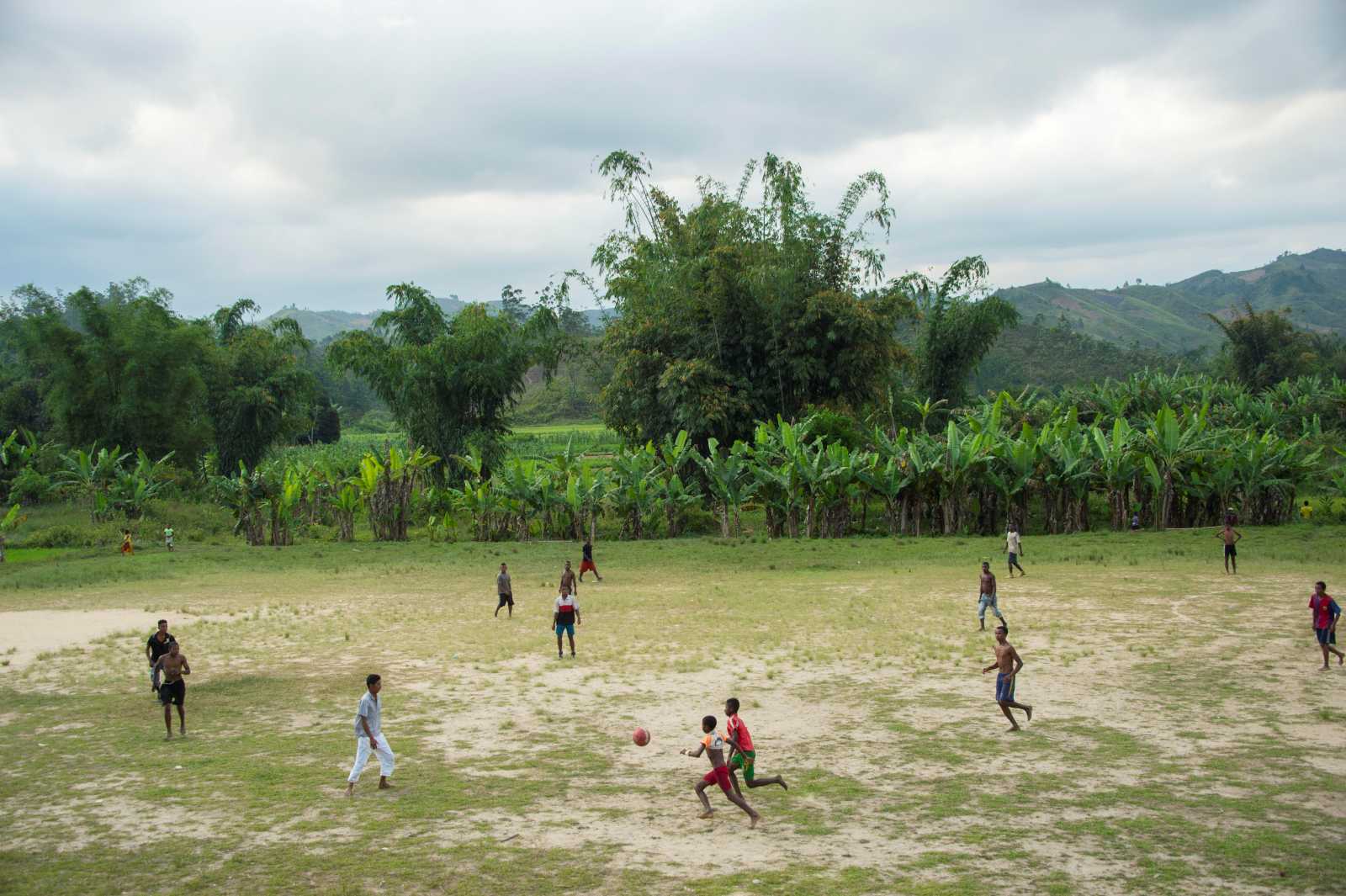SDG4
Good education for everyone

The results of inadequate schooling do not only affect those who did not learn to read or write because they were sent to work in the fields as children rather than to classrooms. Nor does it only concern those who do not understand the official language of the country they live in because, due to cultural traditions or religious conventions, they did not attend school. Society as a whole suffers negative impacts because those who lack knowledge tend to be less productive. Consequences include poverty and dependence on informal jobs.
Uneducated people are not in a good position to make decisions concerning their own lives, whether those decisions concern their finances or their physical health. Moreover, they are not empowered to participate in democracy, to understand decisions which are necessary for the common good or to identify anti-democratic propaganda.
Education is not only about making sure that every young person finds a place in the classroom. What they learn there and in what circumstances they do so, matters much more. For good reason, the 4th Sustainable Development Goal (SDG4) of the UN is not simply education, but quality education.
Governments that shy away from education spending because they want to keep the state small act myopically. Too many school buildings are in a state of disrepair. In too many places, there are too few and underpaid teachers. These issues do not only haunt developing countries and emerging markets. They are common in Germany and other EU countries too.
Curricula need to be reconsidered, moreover. Financial literacy, regarding taxes, for example, typically does not feature. Nor does media literacy, which would allow people to tell trustworthy information from fake-news propaganda. In Germany, huge gaps in citizenship lessons result in citizens only having a vague understanding of EU institutions.
Young people, moreover, need to learn more about their own bodies than schools typically teach them. How vaccinations work and why preventive action helps to contain diseases, should be high on the agenda. All too often, reproductive and sexual health do not figure in school curricula at all. This gap means that girls and young women are denied vitally important information on which their right to self-determination depends.
The lack of pertinent lessons compounds the structural disadvantages that this particularly vulnerable group suffers in education systems around the world. Stigma associated with menstruation and poor sanitary facilities, moreover, keep many girls from attending school in the first place. In many male dominated societies, boys’ education is prioritised.
The Covid-19 pandemic has made matters worse in many countries. School closures were harsh, and not everyone had access to online classes. Moreover, there was an ill-considered tendency internationally to let students pass in spite of poor performance in the hope of avoiding hardship.
Education does not guarantee a person will always avoid unemployment and poverty. But it does increase opportunities. Educated people are more likely to escape vicious downward spirals. General knowledge helps people to take their fate into their own hands, and it gives them a voice in public affairs, enabling them to become involved in shaping their society’s future.
Katharina Wilhelm Otieno belongs to the editorial team of D+C/E+Z.
euz.editor@dandc.eu














